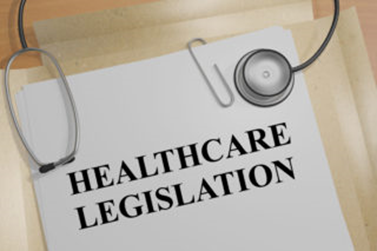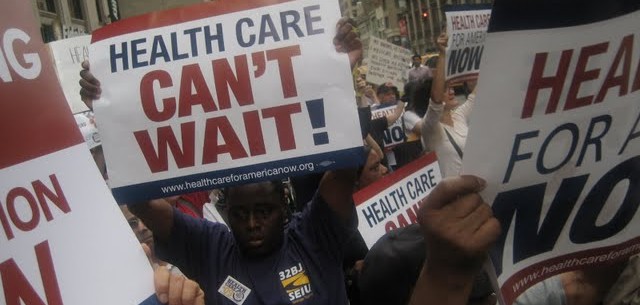It’s been an upside-down state legislative session this year because of the COVID-19 pandemic. Since the state budget was adopted in early April, the Legislature reconvened only three times for brief weeklong periods, and held a few public hearings on issues related to the pandemic. They were back in Albany in late July for what was being viewed by many as the likely last session period for this year. Like any “last week” in a typical legislative year (usually happening in mid-late June), lots of bills had piled up for consideration, including some on the health care front.

The health care bills included ones to:
- Provide public health insurance coverage for COVID-19 treatment to all low-income New Yorkers regardless of immigration status. (S.8357/A.10474, Rivera/Gottfried)
- Suspend any medical debt collection efforts by hospitals and third-party collection agencies against patients during the state’s pandemic emergency order. Interest rates on hospital patient medical debt would be limited to the U.S. Treasury bill rate, and no interest would be allowed on any COVID-19 treatment bills. Health insurers would be prohibited from cancelling coverage due to non-payment of premiums because of financial hardship, and from reporting such people to credit rating and collection agencies. (S.8365-A/A.10506, Rivera/Gottfried)
- Require Medicaid health plans to inform patients about how to contact state-funded consumer assistance programs operated by non-profits when these plans deny coverage for a service. (S,7241/A.9538, Rivera/Gottfried)

In addition to these health-specific bills, health advocates supported broader bills to help the state keep its budget in balance during the current economic downturn, and to strengthen the State Legislature’s role in the state budget process, all with an eye toward protecting funding for health care programs by raising adequate funding for them . Since the adoption of the state budget in early April, projections are that, because of the recession, it will be out of balance by as much as $13 billion as budget year proceeds. Gov. Cuomo is threatening further across-the-board budget cuts unless Congress acts soon to provide financial assistance to states and localities (which now under debate in DC.)
Advocates for a variety of health and human service issues joined together this year in the New York Budget Justice campaign to oppose ongoing budget cuts, and instead promoting raising taxes slightly on the ultra-rich to close the budget gap. They have developed over a dozen different proposals to do so (available here.) Legislative leaders say they will wait until Congress acts this summer, and then decide which if any of these ideas they might move forward later on.

The Budget Equity Act (S.8198/A.9100, Biaggi/Gottfried) has had some momentum. Many advocates support this bill as an important way to improve democracy in state government. It would restore the balance of power in the budget process between the Governor and Legislature that was voided by the state courts in the early 2000s. Since then, lawmakers have limited options to affect whatever a governor proposes with little opportunity to push their own budget ideas. Lots of rank-and-file legislators are sponsoring this bill and legislative leaders have made some positive noises about it, but they chose to not move it forward.
Unfortunately, by the time the final gavel came down on July 23, of the above-mentioned health bills, only the modest one requiring that Medicaid patients be given notice of how they can access consumer assistance programs was passed. Depending on
